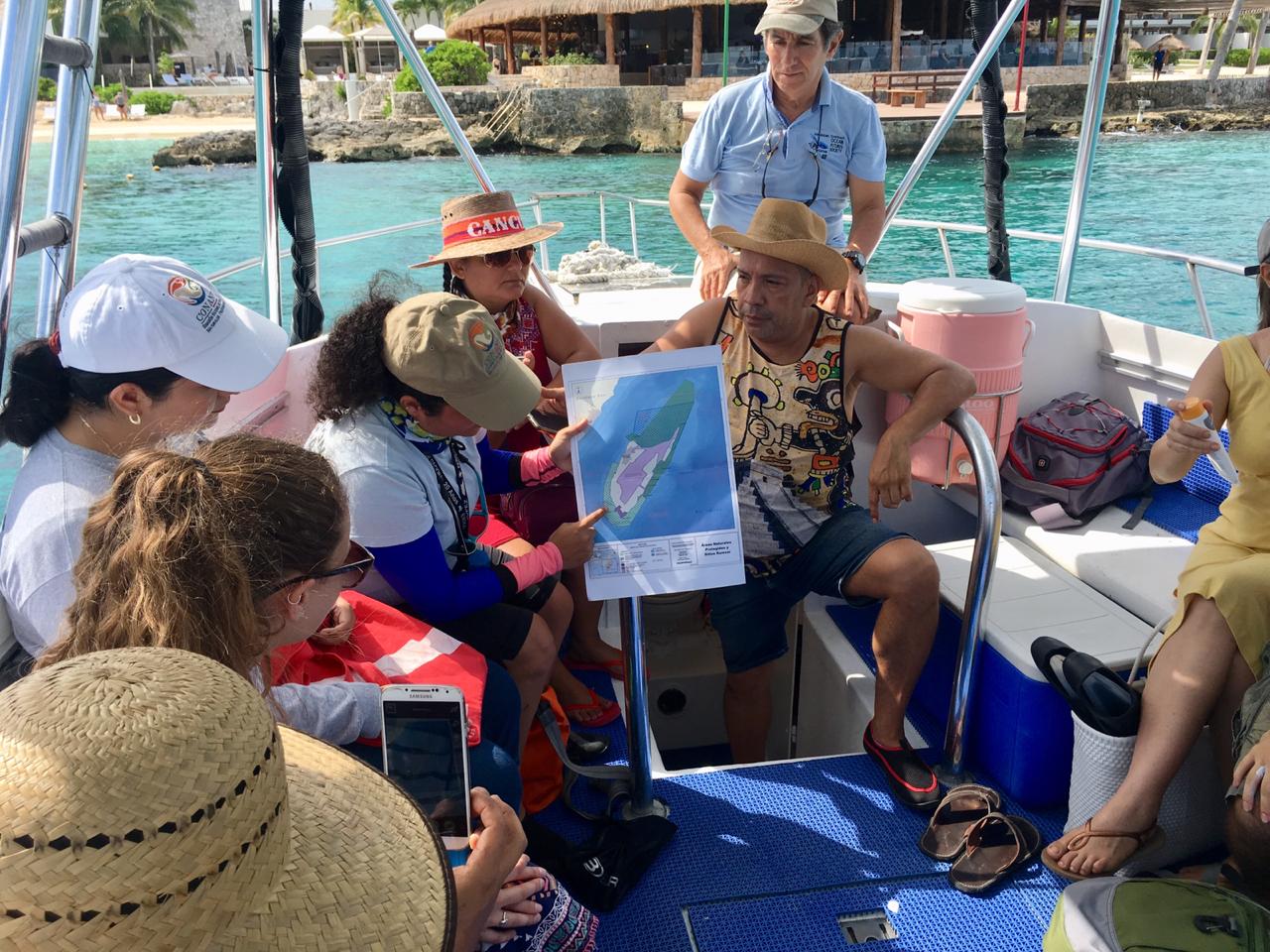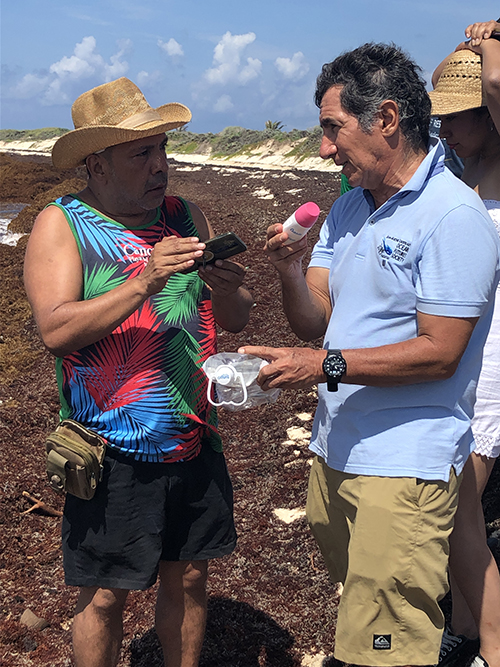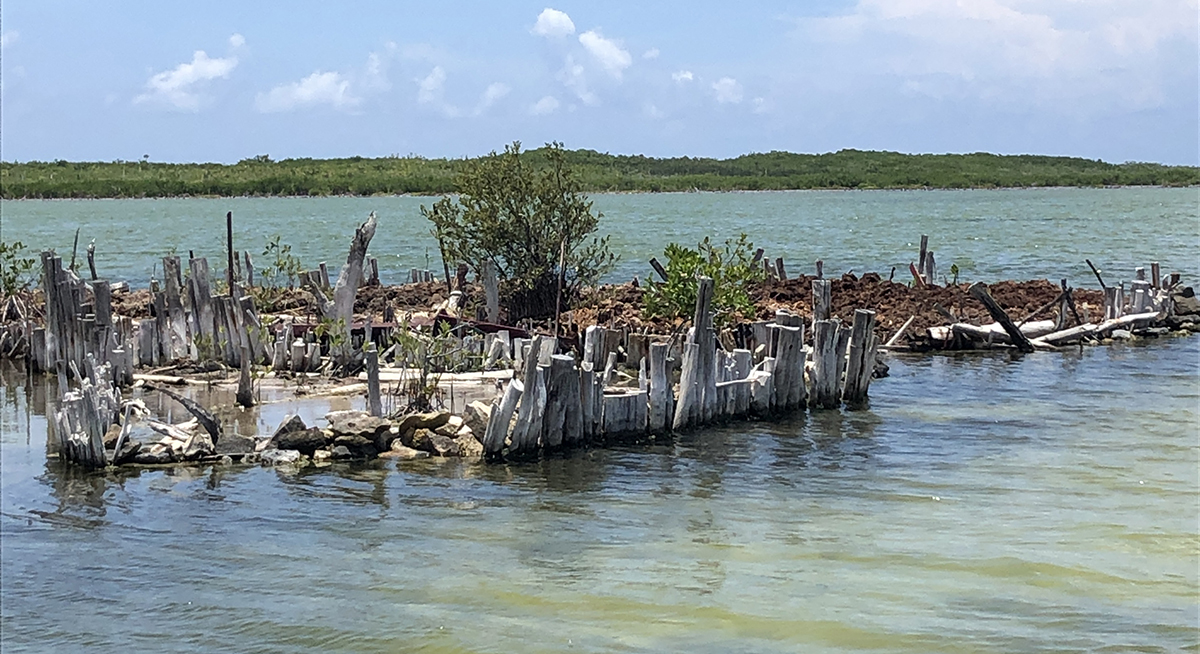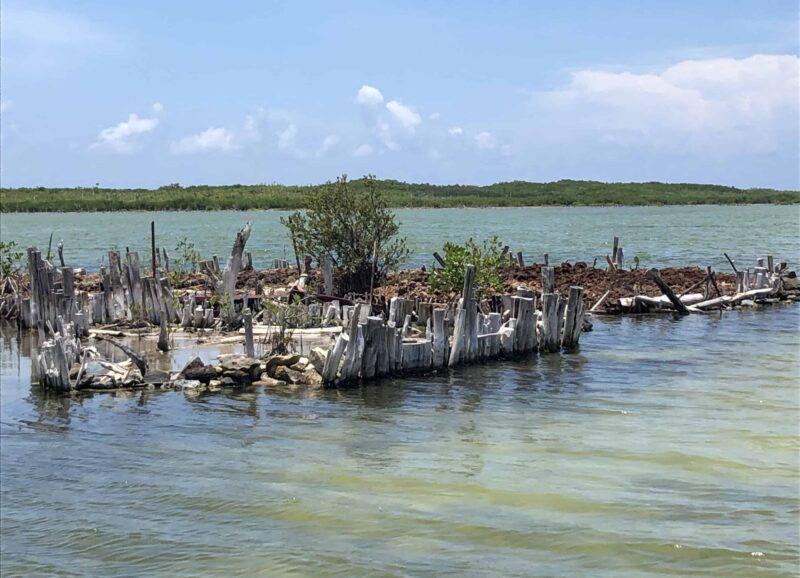The Mesoamerican Reef (MAR) system lining the coasts of Mexico, Honduras, Guatemala and Belize is home to a diverse ecosystem of flora and fauna that is being threatened by unregulated tourism, pollution, bacterial diseases, climate change, overfishing and sedimentation from coastal building and development.

Given the importance of the MAR system, Internews’ Earth Journalism Network (EJN) collaborated with our local partner, the Mexican Network of Environmental Journalists (REMPA), to host a workshop on coral reefs for journalists from across the region from June 27-30 in Cozumel, Mexico. EJN is now making story grants available to journalists from the region. Submit your application.
The workshop focused on preparing journalists to cover an annual report produced by the Healthy Reefs Initiative that monitors the condition of the reef and provides informed management recommendations. This year’s report card will be released on September 4th.
The workshop opened with a screening of “Flows,” a documentary about coral reefs, marine life and underwater ecosystems in the Yucatan Peninsula.
The documentary’s director, Klaus Thymann, then spoke with workshop participants about the important role journalists can play in sharing facts about the reef in a manner that captures the attention of authorities.
 |
The next day, participants visited the protected Cozumel Coral Reef National Park, mangrove forests, and the southernmost point of the island (Punta Sur) to explore the MAR and various ecosystems that surround it. Journalists were able to snorkel safely through the reefs so they could see firsthand signs of its decline as well as preservation efforts that local organizations are undertaking.
In the evening, local experts spoke to the group about some of the threats to the reef they saw earlier in the day – including how the decline of fish stocks damages the reef — and what can be done to mitigate them.
One such threat is “White Syndrome” (Síndrome Blanco), a bacterial disease that has caused the reef to lose more corals in the past year than in the previous 40 years combined, according to Érica López of Mexico’s National Commission of Natural Protected Areas (CONANP).
Dr. Lorenzo Alvarez-Filip, a post-doctoral researcher at the Marine Ecology Lab and former President of the Mexican Coral Reef Society, noted that although the cause of this disease is unknown, human impacts have likely been a factor. Moreover, unlike bleaching, where the corals can be restored if their surrounding temperature returns to normal, this disease kills the corals once it infects them. Scientists are searching for a way to minimize the spread of the disease and save what corals are left, Alvarez-Filip said, but without additional regulatory action from the government, they say the Mesoamerican Reef is in grave danger.
Healthy Reefs Initiative representative Mélina Soto also discussed the dangers of Síndrome Blanco and touched on efforts to slow its spread. She said she hopes that the report card will demonstrate the urgent need to mitigate the threats posed by this disease and drive action to save the reef.
At the close of the workshop, participants said they felt energized by their new knowledge and connections.
“I didn’t know about the [mangroves serving as] breeding grounds, the length [of their roots], the new function they serve as a refuge for corals, [that they] capture more carbon than most other ecosystems,” said reporter Edith Gonzalez Cruz from Ecosmedia, noting that she had found a new way to cover mangroves and convey their importance to her mostly young audience.

Within a week of the workshop’s close, participants had already produced more than 10 in-depth stories about reef and underwater ecosystem conservation, with more in the pipeline. One journalist from Radio Formula even covered the whole workshop live for his audience in Cancun.
EJN will host a similar workshop in Belize City, Belize, in early August.
All activities are carried out with financial support from the Summit Foundation.
